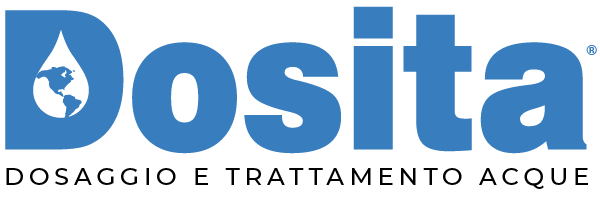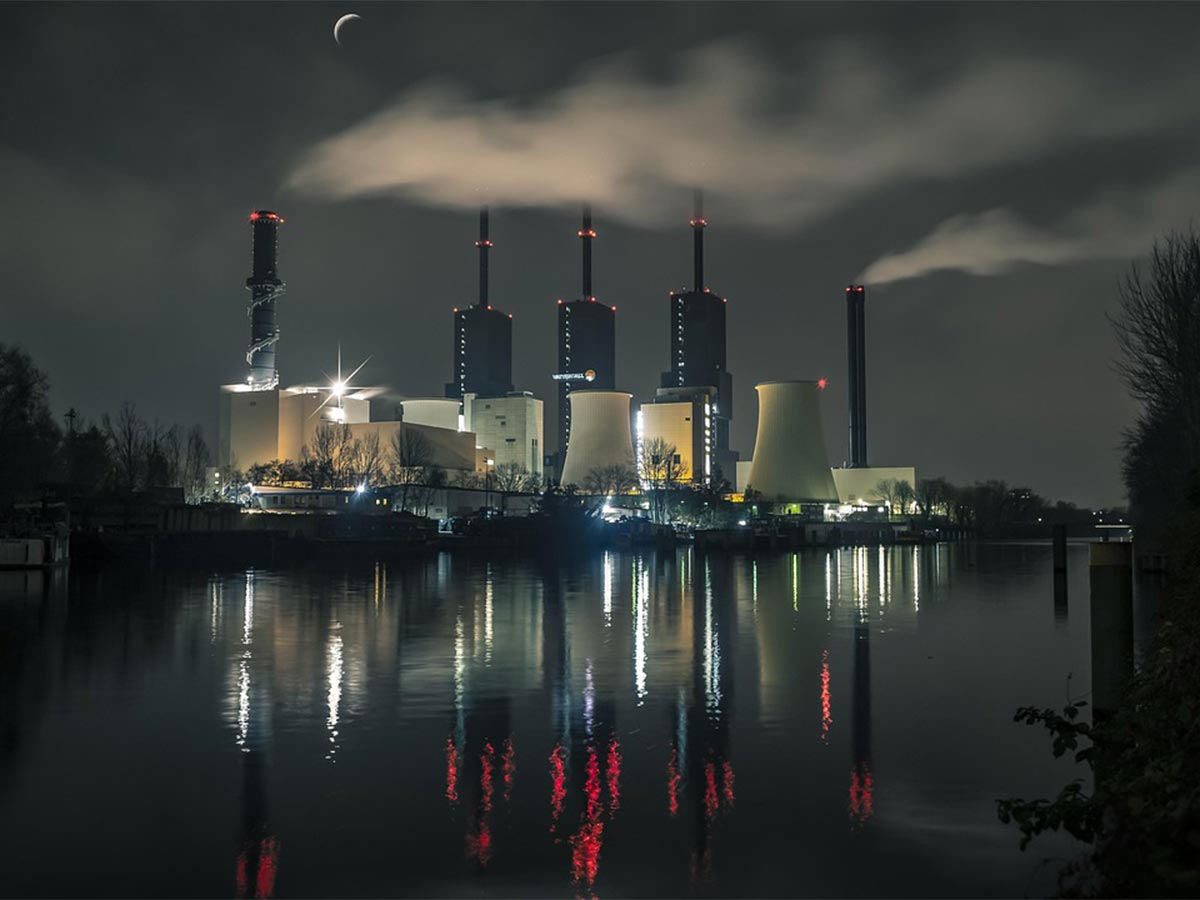Filtration is a fundamental process in many industries, from water treatment to food and beverage production.
It is a process that separates solid particles from a liquid or gas using a porous medium called a filter. This medium can retain solid particles while allowing the fluid to pass through.
Types of Filtration
- Mechanical Filtration: Uses physical barriers, such as sieves or mesh filters, to trap solid particles. Example: household water filters.
- Biological Filtration: Uses living organisms, such as bacteria, to remove biological contaminants. Example: biological filters in aquariums.
- Chemical Filtration: Uses chemical materials, such as activated carbon, to absorb chemical impurities. Example: air purifiers.
- Membrane Filtration: Uses semi-permeable membranes to separate particles at the molecular level. Example: reverse osmosis in water treatment.
Filtration Applications
- Water Treatment: Removes contaminants such as sediment, bacteria and chemicals to make water drinkable.
- Food Industry: Used for clarifying liquids, removing impurities and sterilizing.
- Pharmaceutical Industry: Ensures the purity of pharmaceutical products by removing contaminants.
- Chemical Industry: Separation of chemical reactions and purification of final products.
- Agriculture: Filtration of irrigation water to prevent clogging of systems and protect crops.
Filtration Benefits
- Efficiency: Effective removal of impurities and contaminants.
- Safety: Improves the quality of water and finished products.
- Sustainability: Reduction of chemical resource use and improvement of water management.



